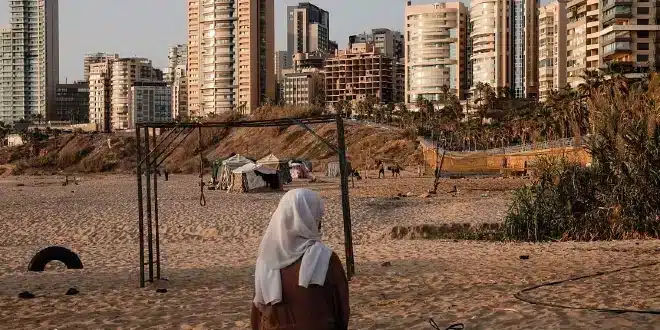The World Health Organization (WHO) issued a warning on Wednesday about the “very high” risk of cholera spreading in Lebanon after a case of the disease was confirmed in the country’s northern region.
Abdinasir Abubakar, the WHO’s representative in Lebanon, expressed concern over the potential outbreak, citing the worsening water and sanitation conditions for refugees and in vulnerable areas. He emphasized that if cholera were to reach the newly displaced population, it could spread rapidly.
Lebanon experienced its first cholera outbreak in three decades between 2022 and 2023, primarily in the northern region. With over a million people displaced due to the Israel-Hezbollah conflict, Abubakar pointed to particular concerns for southern Lebanon and Beirut, where communities have not built up immunity to cholera in decades.
WHO Director-General Tedros Adhanom Ghebreyesus stated that Lebanon’s Ministry of Public Health had activated emergency measures, such as enhanced surveillance and contact tracing, after detecting the cholera case. In August, the ministry initiated a cholera vaccination campaign aimed at 350,000 people in high-risk areas, but the effort was disrupted by the ongoing violence, according to the WHO.
Cholera, a disease that spreads primarily through contaminated water and food, leads to severe diarrhea and dehydration. Those living in areas with limited access to clean water or poor sanitation are especially vulnerable, as the disease can result from consuming food or water contaminated with the cholera bacteria.


